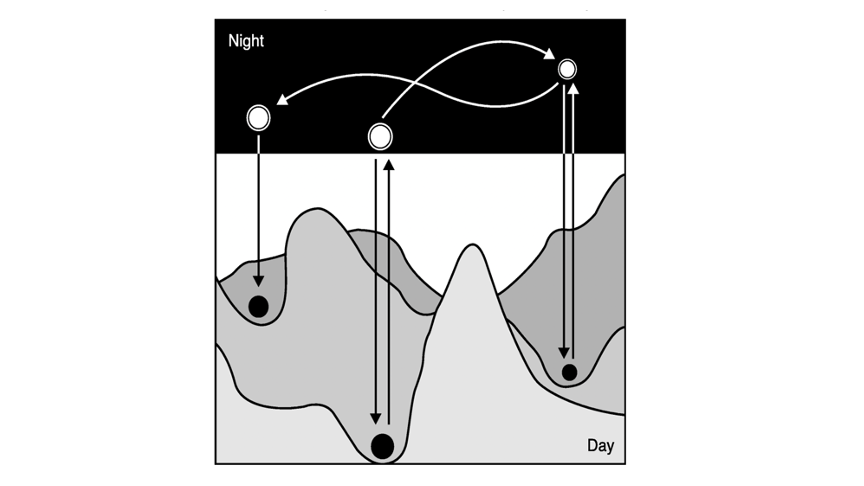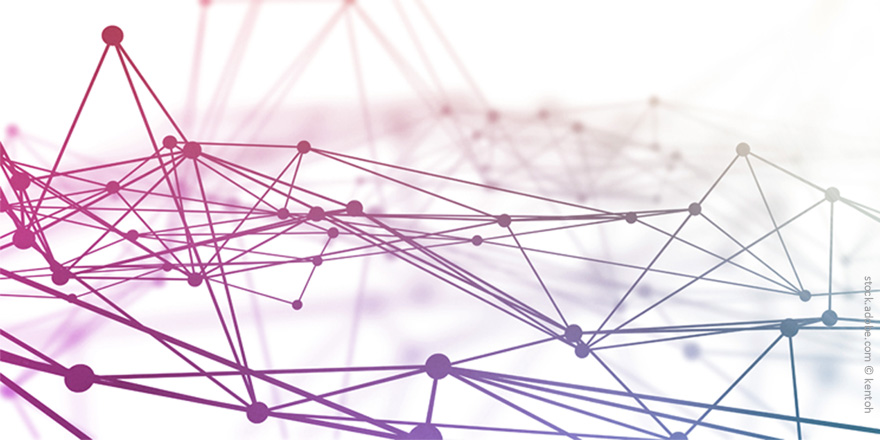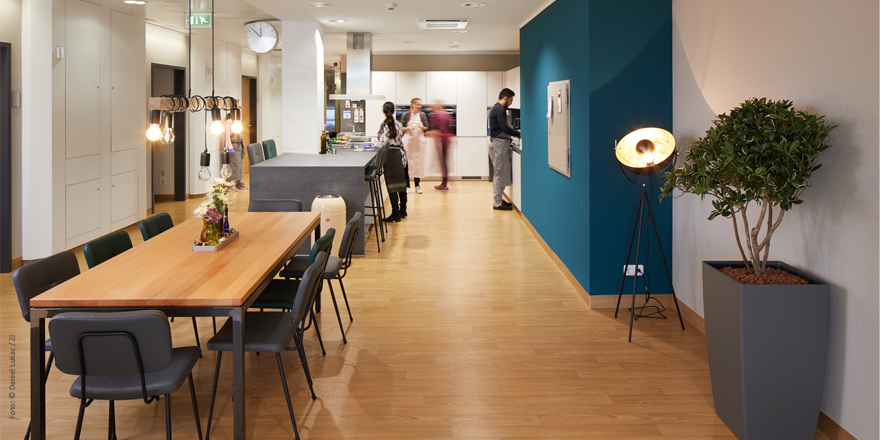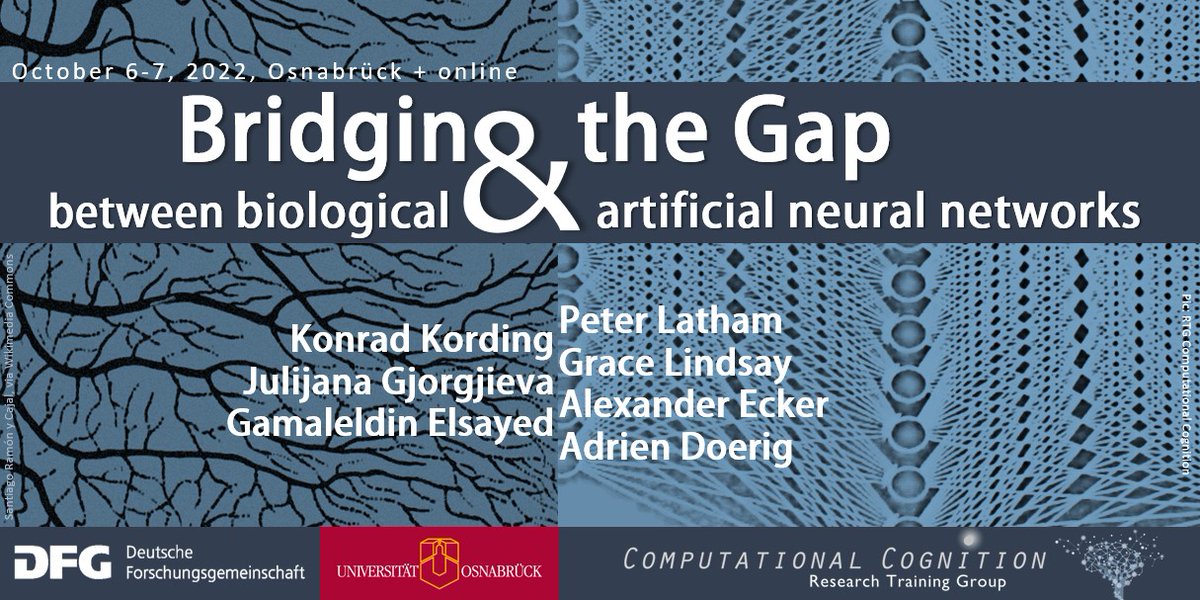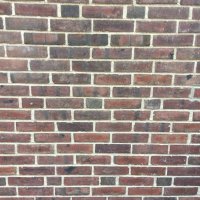
Urs Braun
@urs_braun
PI of Complex Systems in Psychiatry group @zi_mannheim
ID: 4598034617
25-12-2015 08:16:45
180 Tweet
255 Followers
123 Following
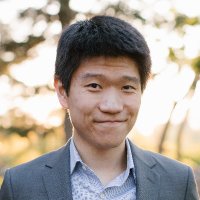
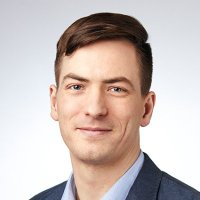
Interested in doing a postdoc in Heidelberg/Mannheim Health + Life Science Alliance Heidelberg Mannheim investigating cognitive maps of social interactions and mental health? Check out and apply for the project proposed by Christoph Korn and me: health-life-sciences.de/jobs/interdisc… #OpenScience #neuroscience #mentalhealth


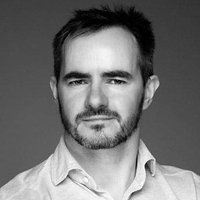
New computational tools to build bridges between small data and big data ! nature.com/articles/s4159… Led by Tong He and Thomas Yeo, with Lijun AN | 安丽军 Simon Eickhoff @AvramHolmes and others.

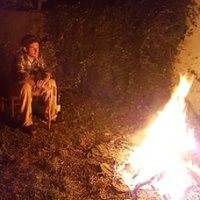
Null models in network neuroscience Nature Rev Neurosci w/ Bratislav Misic | nature.com/articles/s4158… | Null models help disentangle dependencies between network features, revealing to what extent the presence or magnitude of a feature of interest arises as a consequence of other features.


Check out our review looking at multimodal network biomarkers of cognitive and affective difficulties in epilepsy! out Network Neuroscience led by Raúl Rodríguez Cruces, with @J_Royer_ , Sara Lariviere Dani S. Bassett @BorisBernhardt – fantastic team!!! 🤩🥳


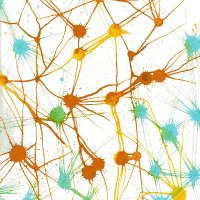
Great idea by Georgia Koppe and Janine Thome harvesting latent behavioral models for guiding optimal experimental design!



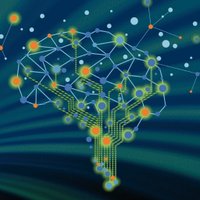
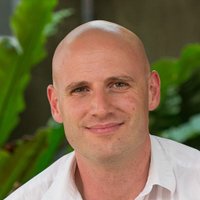
Interested in how brain structure constrains function? Check our latest PP - a tour de force from James Pang, Kevin Aquino 🧠🔑 & team, incl. Michael Breakspear Ben Fulcher Marianne Oldehinkel & P Robinson. V excited about this work; peep the thread...


Weight pruning by size is a standard #ML #AI technique to produce sparse models, but in our ICML Conference paper arxiv.org/abs/2406.04934 we find it doesn’t work for learning #DynamicalSystems! Instead, via geometry-based pruning we find *network topology* is far more important! (1/5)
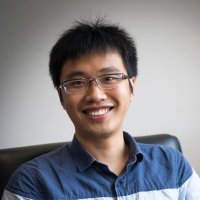
Why does the neural network display modular structure during learning and how does the modularity characterize neurodevelopment and cognitive behavior? Please check our recent paper in Science Advances with Marcelo Mattar. science.org/doi/10.1126/sc…


